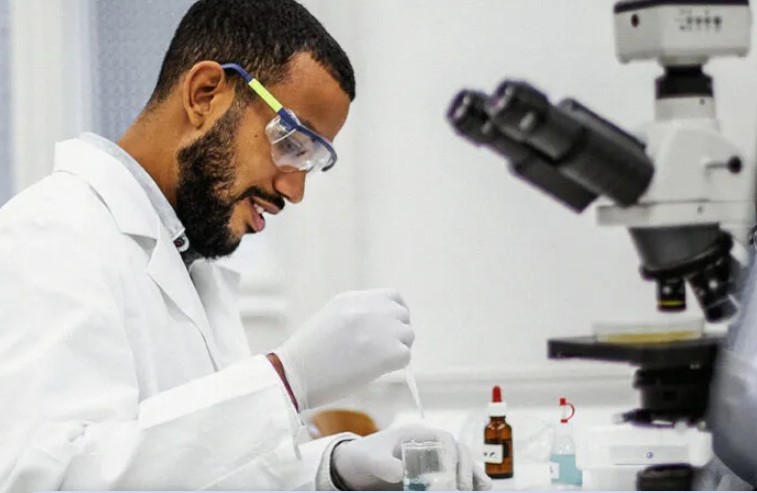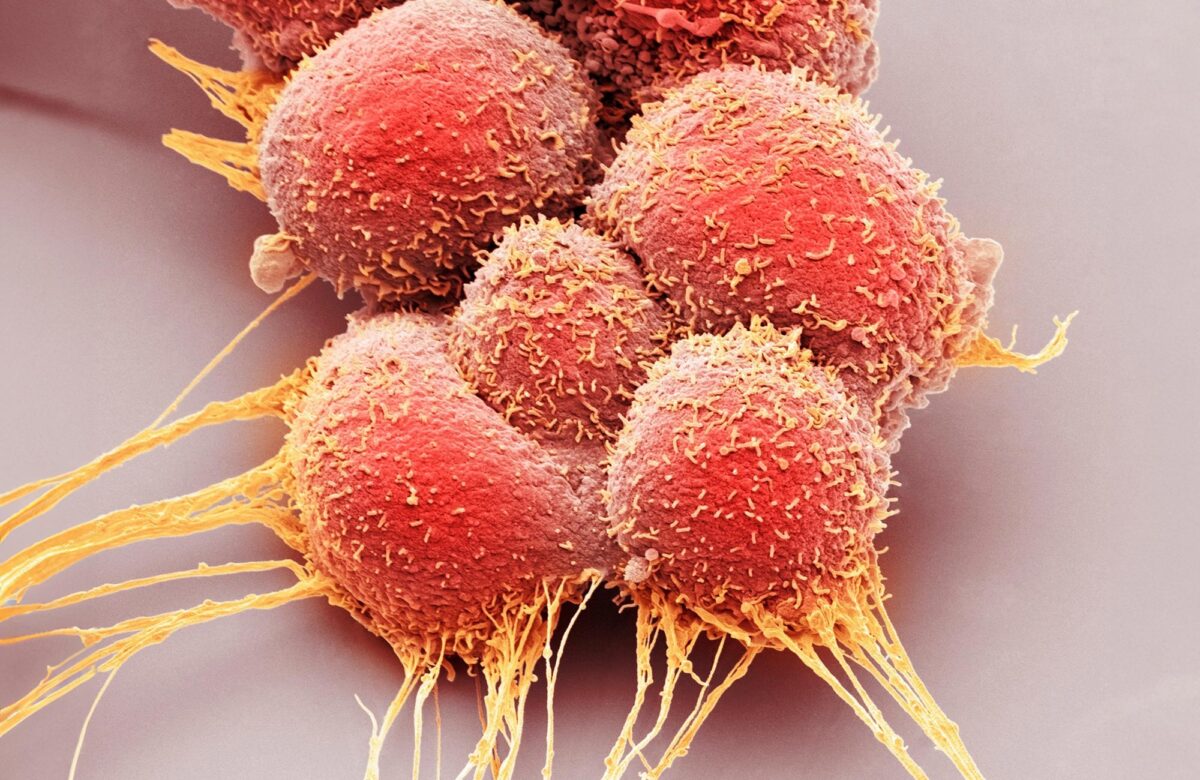
Bacteria In Urine Could Help Diagnose Prostate Cancer
- Biotechnology
- No Comment
- 250
- Researchers examined the link between bacteria in the urine and prostate cancer.
- They found that five bacteria are linked to more rapid progression to aggressive prostate cancer.
- Further research is needed in more diverse populations for these findings to be used clinically.
After skin cancer, prostate cancer is the most common Trusted Source cancer among men in the United States. Around 1 in 8 men are diagnosed with the condition in their lifetime.
Research Trusted Source shows that material secreted by the prostate gland appears in the urine. Urinary biomarkers are thus an area of growing interest for identifying aggressive prostate cancer.
While several gene expression profiles exist Trusted Source as urine biomarkers for prostate cancer, none are in widespread clinical use.
Further study into urinal biomarkers could help clinicians predict prostate cancer risk groups and disease progression.
Recently, researchers examined the link between bacteria in the urine and prostate and prostate cancer.
“We have identified a group of five bacterial genera linked with high-grade prostate cancer and more rapid progression to aggressive cancer,” Dr. Rachel Hurst, senior research associate at the University of East Anglia and one of the study’s authors told MNT.
The genera are Fenollaria, Peptoniphilus, Anaerococcus, Porphyromonas, and Fusobacterium.
The study was published in European Urology Oncology.
For the study, the researchers used urine samples collected from 318 people in the U.K. who were being assessed for prostate cancer or for blood in their urine. They then examined the patients’ health outcomes for up to 6 years after the sample was taken.
The researchers analyzed the urine samples for different bacteria using various methods, including sediment microscopy, DNA sequencing, and RNA sequencing.
The researchers also examined prostate biopsies from 204 patients collected between 2004 and 2014. They tracked these patients for an average of 3.5 years to detect signs of aggressive prostate cancer, including prostate cancer metastasis and prostate-specific antigen (PSA) biochemical failure following treatment.
After analyzing the results, the researchers found a link between certain bacteria in urine sediments and prostate cancer risk.
They identified four new bacteria that were frequently found in the urine of patients with prostate cancer metastasis.
They noted that five species of bacteria in urine and cancer tissue — including three of the new bacteria — were linked to an increased risk of aggressive prostate cancer.
By Medical News Today
https://www.medicalnewstoday.com/articles/bacteria-in-urine-could-help-diagnose-prostate-cancer



